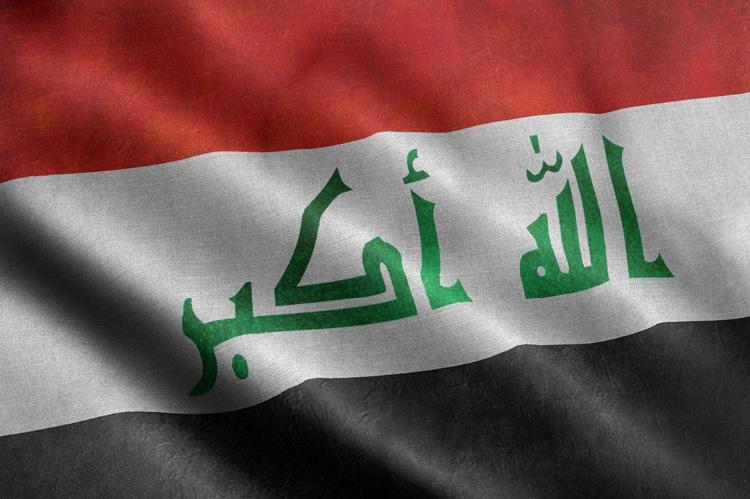Iraq's Basra-Aqaba Oil Pipeline Project Faces Political Turmoil

Iraq's ambitious plan to build a new oil pipeline to the Jordanian port of Aqaba has become a focal point of political contention within the country.
The Basra-Aqaba oil pipeline project, designed to transport up to 3 million barrels of crude oil daily, aims to diversify Iraq's oil export routes and reduce its reliance on the Strait of Hormuz.
However, the pipeline has faced stiff opposition, primarily from Shiite political factions who argue that the project poses security risks and could benefit Israel.
Critics contend that the port of Aqaba is too close to the Jewish state, raising concerns about potential Israeli access to Iraqi oil. Additionally, some argue that exporting oil through Aqaba would be more expensive than using southern Iraqi ports, placing an undue burden on the country's economy.
Despite these objections, the Iraqi government has pressed ahead with the project. The Federal Court recently dismissed a lawsuit seeking to halt the pipeline's development, paving the way for its construction. So far, the project has received funding from the 2024 budget, with an allocation of 6.4 trillion dinars.
While the pipeline offers the potential to secure Iraq's future oil exports, challenges remain. The project's estimated cost has fluctuated, with initial estimates reaching $18 billion, but the Iraqi Oil Ministry revised the figure to $8.5 billion in 2022.
The government will need to navigate both domestic political opposition and external pressures to ensure the pipeline's successful completion.
